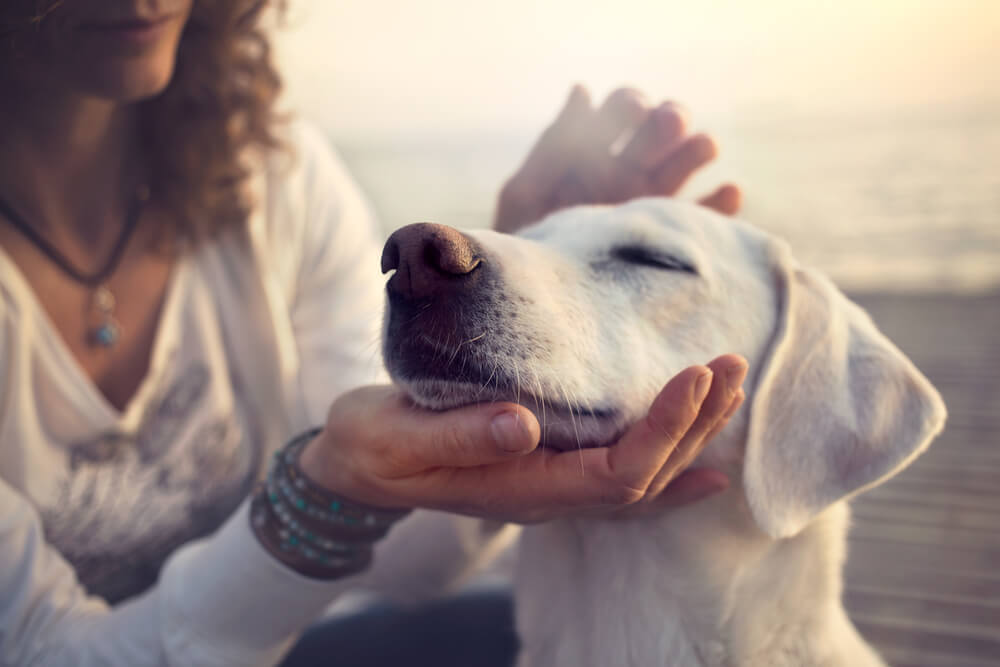Dealing with the loss of a pet is an experience that everyone loves animals and why do they have or have had a pet?It will happen or pass at some point in life. But do everyone experience pain and loss in the same way?The answer to that question is no. Although this seems to be a universal phenomenon, the ways of dealing with bereavement are very diverse and depend on various cultural, religious and other factors (Markeds, 2003).
Just as there are different types of expressions of bereavement over the death of people, we also have expressions for the loss of pets. Now, what leads us to feel a duel, intense pain, for the loss of a pet?The relationship of attachment between humans and these pets is very strong and strengthens because they end up being considered part of the family (Field, Gavish, Orsini
When I realized you weren’t coming back, I found that breathing might hurt.
Thelma Duffey (2005), a doctor at the University of Texas at San Antonio, says the loss of a pet usually feels like a painful experience. To this suffering we must add the cultural taboos associated with the experience of bereavement for the loss of our This pain is generally not understood by a part of the population, which adds additional distress to this grieving process.
While many people bond with our pets, there are others who do not develop this attachment and are therefore unable to understand the emergence of this type of human-animal relationship, who do not understand this relationship generally underestimate loss. and even make absurd comments like “But was it just a dog?”Why don’t you adopt another cat instead, “Are you sad about an animal?” etc.
Dealing with the loss of a pet can be one of the most difficult periods of a person’s life, however, when we talk about social understanding, this type of loss is not recognized with the possibility of causing the same emotional and humorous impact. that we experience with the loss of another human being. According to a study by the Department of Animal Sciences at the University of Hawaii in the United States, 30% of owners who lose their pet suffer for six months or more, and for 12%, this is the most traumatic time of their lives.
The grieving process usually consists of four phases, the same ones that we experience when a loved one dies:
As in many other types of situations, even when they are exactly the same, each person lives them in a very different and particular way, not everyone takes so long to recover from the grieving process resulting from the loss of a pet.
Do some choose to adopt another friend, others because they don’t have any more animals?Still, we shouldn’t feel bad, no matter what choice we choose. We must not feel bad if we want another animal, because we will always know that there will be no substitution, but a new being and a new opportunity full of new, new routines and wonderful experiences with this new pet that enters our lives.

